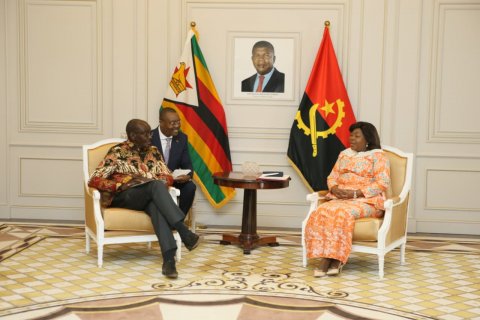In a note to which Lusa had access, Mudei highlights that the decision taken by the Court of Appeal is not a mere judicial decision, but rather “a direct attack on democratic principles and freedom of expression”, revealing “a dangerous attempt to silence critical and patriotic voices” and a “misuse of power” incompatible with the rule of law.
The precautionary measure that the Luanda Court of Appeal upheld was requested by a group of six lawyers, claiming that the OAA did not have the authority to promote an event of this type.
The debate in question was intended to encourage "reflection on the electoral legislative package" that is being considered by the National Assembly, with various segments of civil society, including the coordinators of the Angolan Social Political Observatory (OPSA) and the Angolan Electoral Observatory, activists, journalists, television commentators and academics.
Mudei points out several violations of international treaties and agreements relating to freedom of expression and information, as well as the right to peaceful assembly also recognized by Angolan laws.
“Justice must serve the people and not be used for political purposes,” Mudei argues, questioning the speed with which this decision was taken, which “raises legitimate doubts about its real motivation.”
“For some, slow judicial processes are the norm; for others, justice becomes an expeditious mechanism of censorship and oppression,” says the statement from the civic movement, which demands the “revocation of this decision to reestablish the constitutional right to expression, thought and assembly” and the accountability of those involved “so that the use of justice as a tool of political repression does not become normalized.”
After the event was cancelled, the OAA regretted the decision, which it considered an institutional “aggression” and an “attack” on freedoms and promised to file a complaint against the judge who reported the ruling, as well as to resort to all legal means, including the Constitutional Court.







